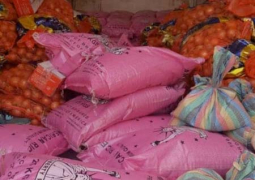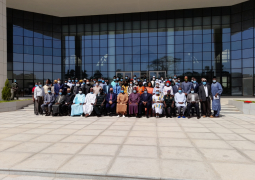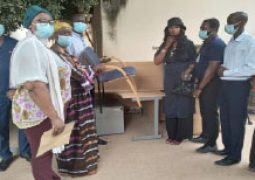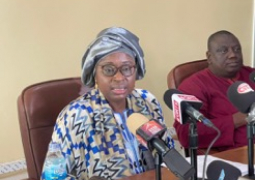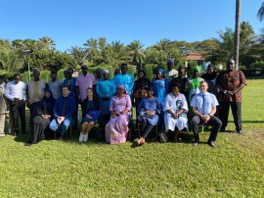
The initiative funded by the European Union (EU) and the German Federal Ministry for Economic Cooperation and Development (BMZ) is intended to unlock the potential of sustainable fisheries and aquaculture to contribute to the sustainable development goals of fisheries and the aquaculture value chain in The Gambia.
Moshibudi Rampedi, FAO country representative reiterated that the FISH4ACP program focuses on the improvement of the productivity and competitiveness of the fisheries and aquaculture values chains, adding that it would strengthen economic and environmental sustainability and social inclusion in line with the government of the Gambia’s strategic priorities.
“The FISH4ACP project will improve the management of the wild oyster stocks and mangrove ecosystem, value chain actors adopting new oyster farming practices and expand oyster operations,” she said.
Evangelina Blanco Gonzalez, program officer at the European Union delegation to The Gambia, said the Fish4ACP project transitioned from analysing and planning to action in sustainably managing the oyster resources to develop new and improved aquaculture methods, as well as develop fresh oysters and oyster by-products markets.
“Through the Fish4ACP, we are very proud to address many aspects of the strategic objectives shared by The Gambia, including economic, employment opportunities, protection of the environment, exploitation of the mangrove ecosystems and women empowerment,” he said.
He added that they want the project to implement an innovative approach to develop the oyster’s value chain, sustainable in the long term, adding that the EU will closely follow up on the implementation path of the mangrove oyster strategy and on the FISH4ACP project as a whole.
Fanta B.S. Manneh, deputy permanent secretary at the fisheries ministry said over the last 20 years, fisheries and aquaculture production has grown across 79 countries across Africa, including The Gambia and Caribbean.
The pivotal role of women in fisheries value chain, she noted, is clearly visible and women mainly dominate post-harvest activities in fish processing and marketing, further highlighting that women are engaged in oyster harvesting, crab fishing and tilapia fishing.
She emphasised that the project will pay special attention to small and medium sized businesses, considering their potential to deliver economic and social benefits for women and youth.
Read Other Articles In National News
